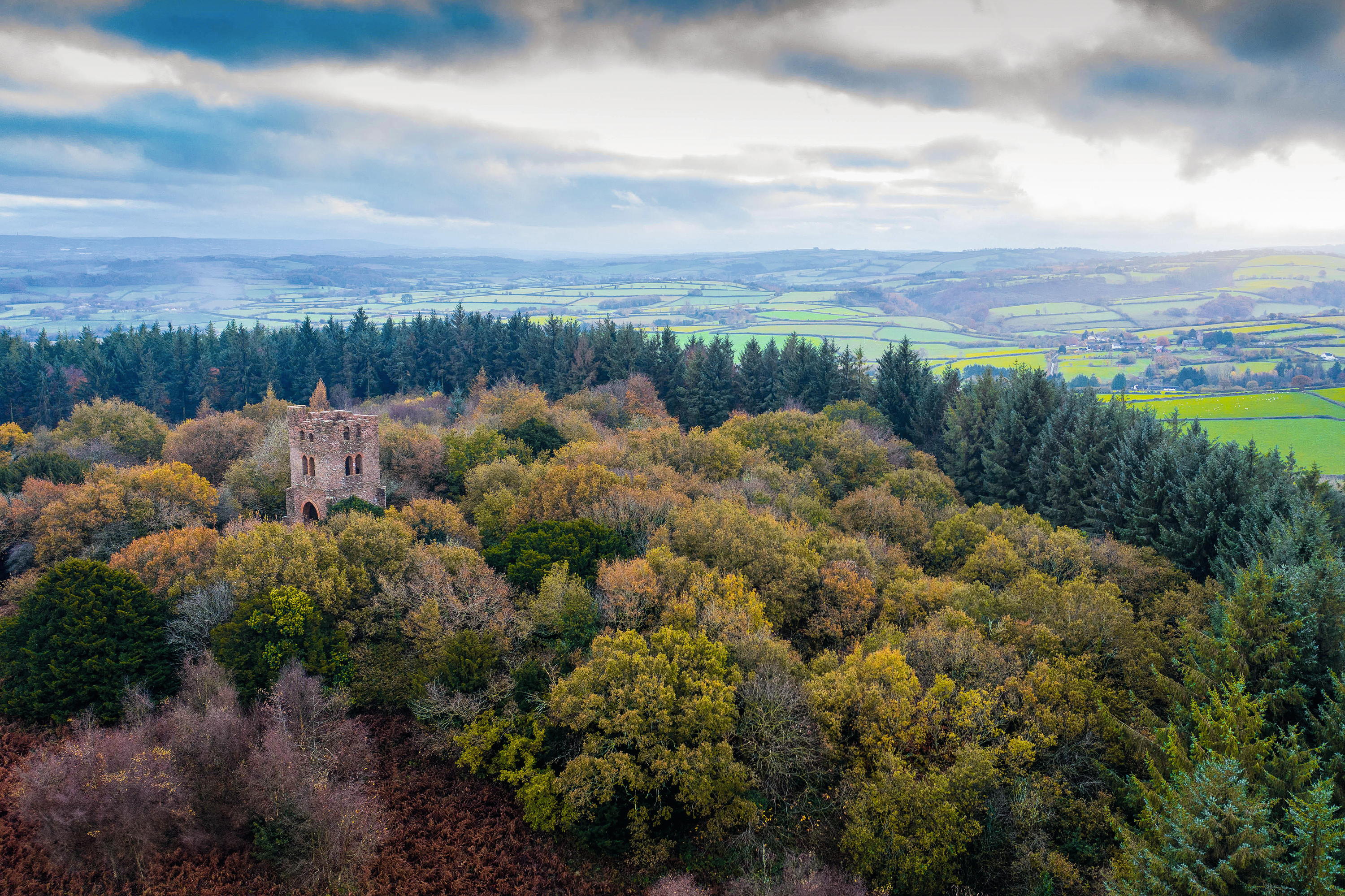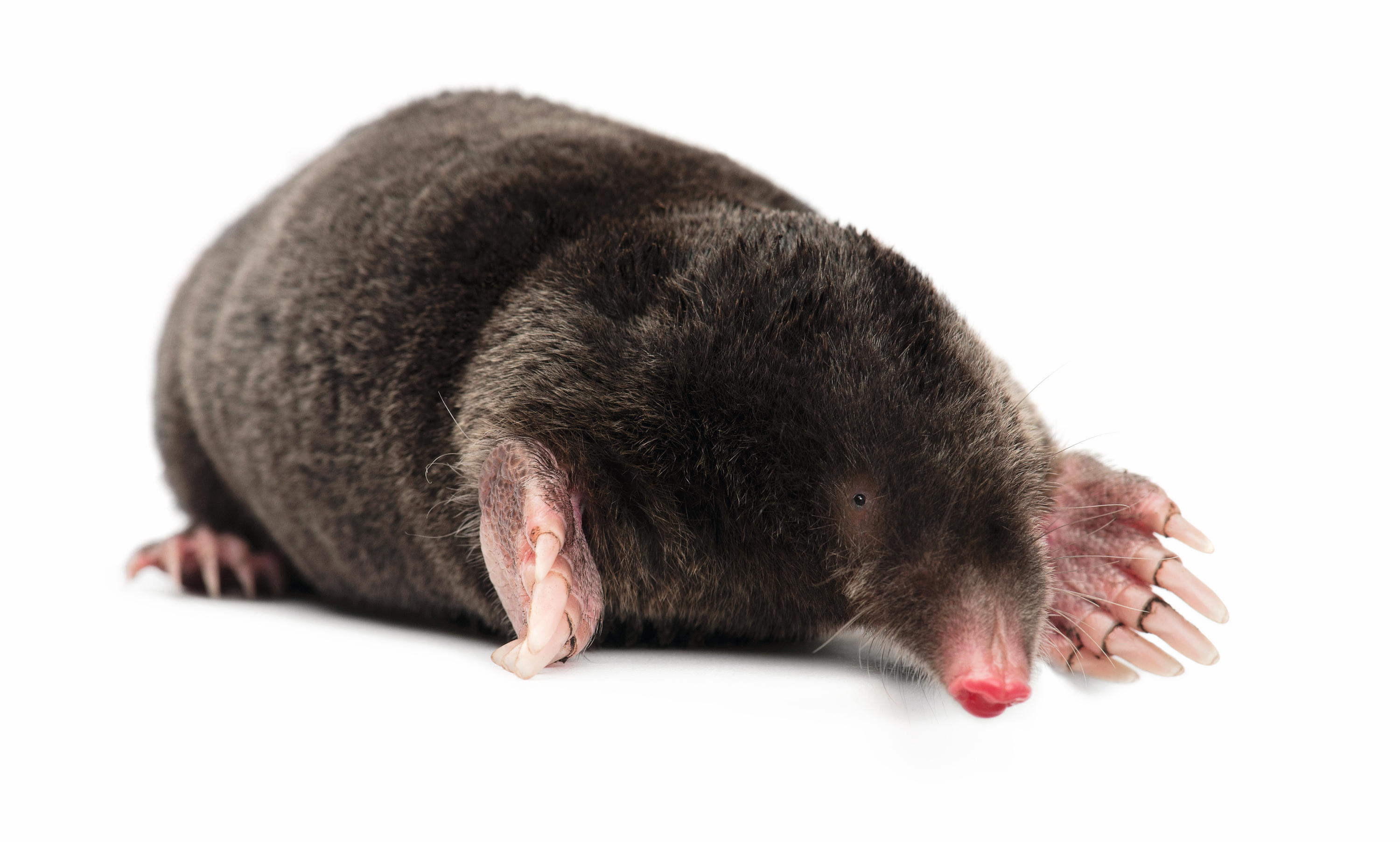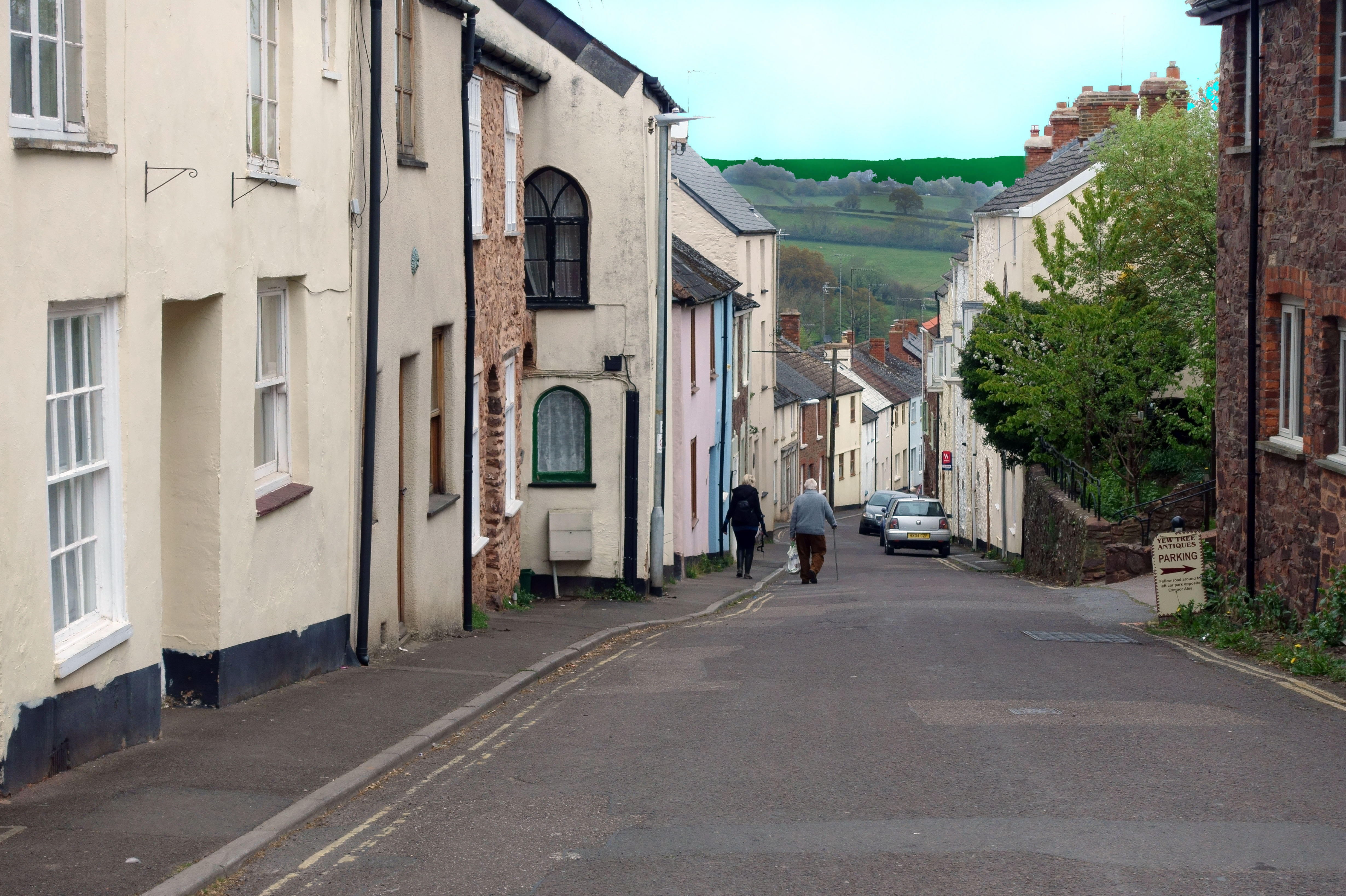'Meat, ale and guns — what else do you need, bar glorious scenery?': William Sitwell on the Brendon Hills, West Somerset
William Sitwell chooses the Brendon Hills as his piece of heaven in Britain.


If it weren’t for the moles, this would be paradise. By not trapping and killing them during the winter months, I had hoped some sort of divine intervention would see respite once the mowing season started. Thus, my nearest view from my study window is of little brown hillocks popping up to obscure my neat lawn lines and I need to nudge myself to look beyond, over the hedge and up to Willett Hill.

It’s a steep slope of verdant green pasture with a smattering of sheep before you reach the treeline and I know that in there, deep in that wood, is an ancient tower. It now houses bats, but once was a refuge for soldiers during the Second World War on lookout for German bombers heading up the Bristol Channel to do their worst over our towns and cities.
Thus Willett Tower fixes this spot in the landscape, one that is relatively new to me. The Brendon Hills of west Somerset is where we have a small, old farm, from the top of which you can see across to Wales to the north, to the Quantocks to the west and the Black-downs to the south. To the west is Exmoor, where it gets wilder — as a local told me, five years back in time for every mile. There are remote pubs up there, cash only with one ale on tap. It makes where we are, on the border of the Exmoor National Park, feel relatively modern, albeit more with a feel of the 1970s of growing up in Oxfordshire, such is the spirit of community here. It still — just — feels a little untouched by the rest of the country.
Our local town of Wiveliscombe exemplifies that. Apart from the glorious, eccentrically English poetry of the name, it has what every great town once had: a proper pub (now with its own micro-brewery), The Bear, a chic little hotel and restaurant, The White Hart, a great café, Phoenix Kitchen, a wonderful butcher, Thorne’s, a deli, a hardware store, two breweries and a gun room. Meat, ale and guns — what else do you need, bar glorious scenery? It is also extremely friendly, surprisingly so when you, as a newcomer, quickly realise that people who have been here for 25 years are regarded as newbies.

We are not blessed by great restaurants, but I worked a way around that. I popped a line of tables and chairs in our cowshed, bought some steel tables, a large fridge and a fire pit and asked well-known chefs to come and cook. Now, Sitwell Supper Club is on Google Maps and we entertain 75 merry folk each month: a chance to eat the smart food of the metropolis without troubling the usually delayed GWR service from Taunton to Paddington.
Local highlight
When it’s not raining, the air is so fresh it makes you sleepy and the night sky shows the stars as clearly as I once saw in the middle of Africa.
Local lowlight
The light-polluting haze edging over in the east, which blights the dark skies. This would be Hinkley Point C. Still, the 10,000 workers at the nuclear-power plant are at least on the other side of the Quantocks. It makes the construction efforts of the deviant mole distinctly charming.
Exquisite houses, the beauty of Nature, and how to get the most from your life, straight to your inbox.
William Sitwell is a writer and a restaurant critic for ‘The Daily Telegraph’. He runs the Sitwell Supper Club at Rooks Nest Farm, Somerset

For gourmand William Sitwell, his West Country corner needed only fine dining to turn it into a bona fide rural paradise.
William Sitwell is a journalist, broadcaster, food critic, writer and a restaurant critic for ‘The Daily Telegraph’. He runs the Sitwell Supper Club at Rooks Nest Farm, Somerset.
